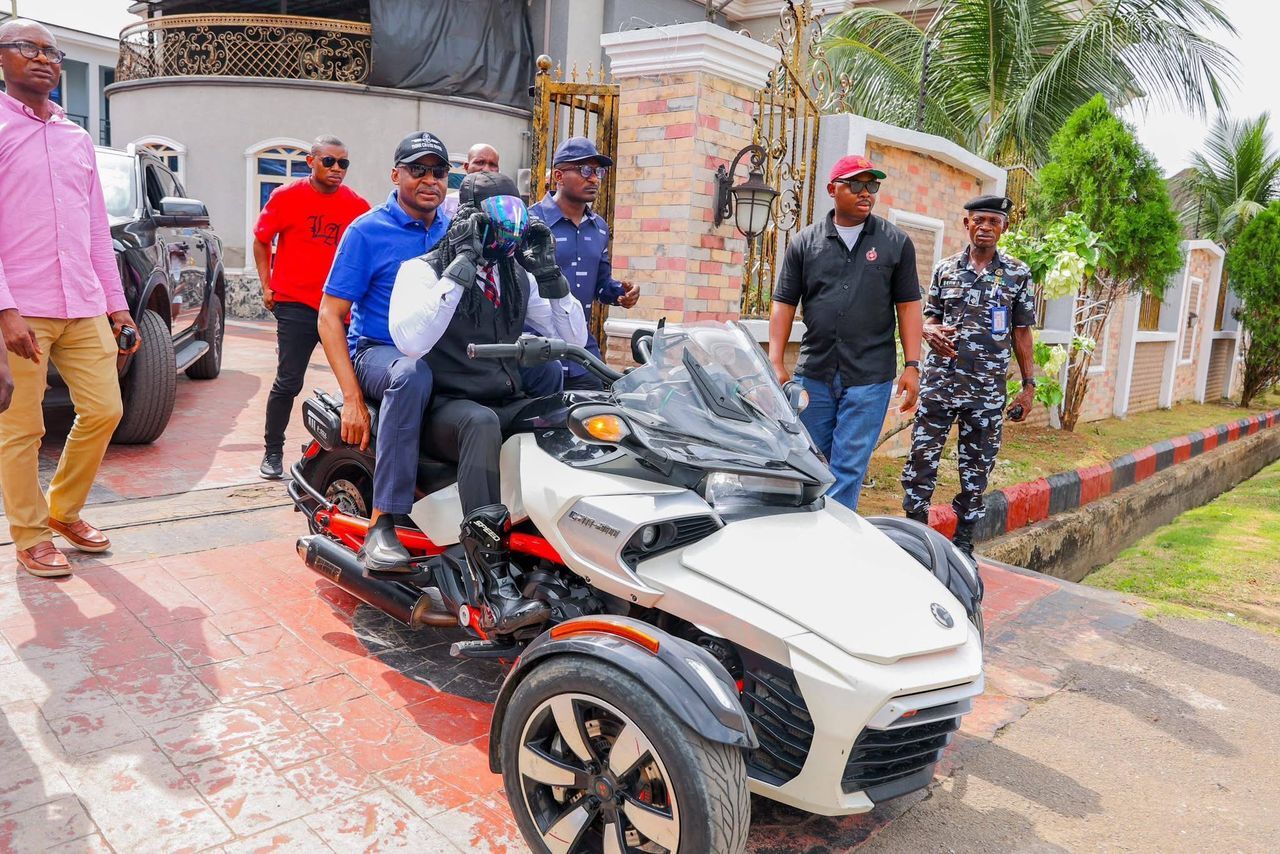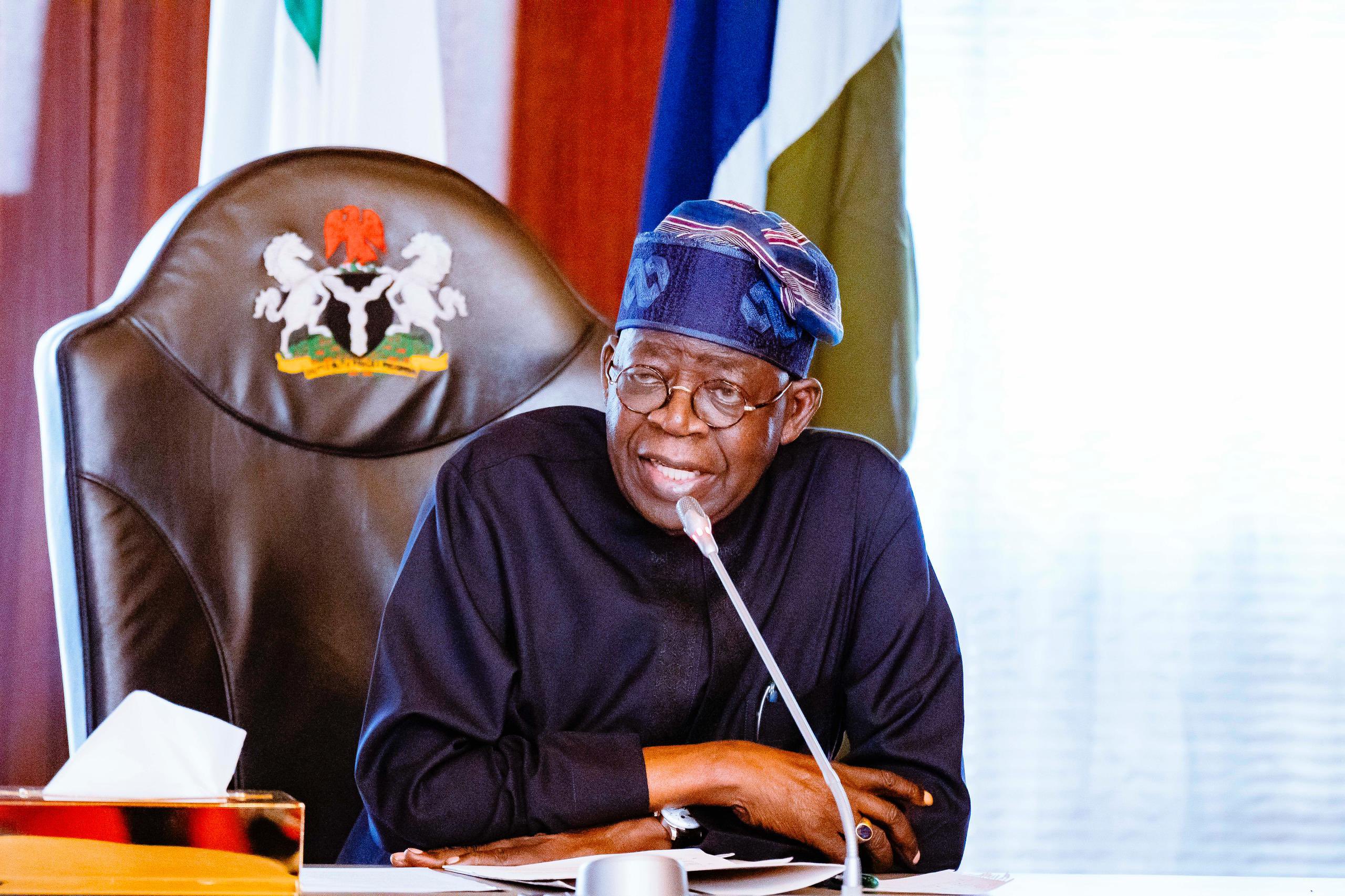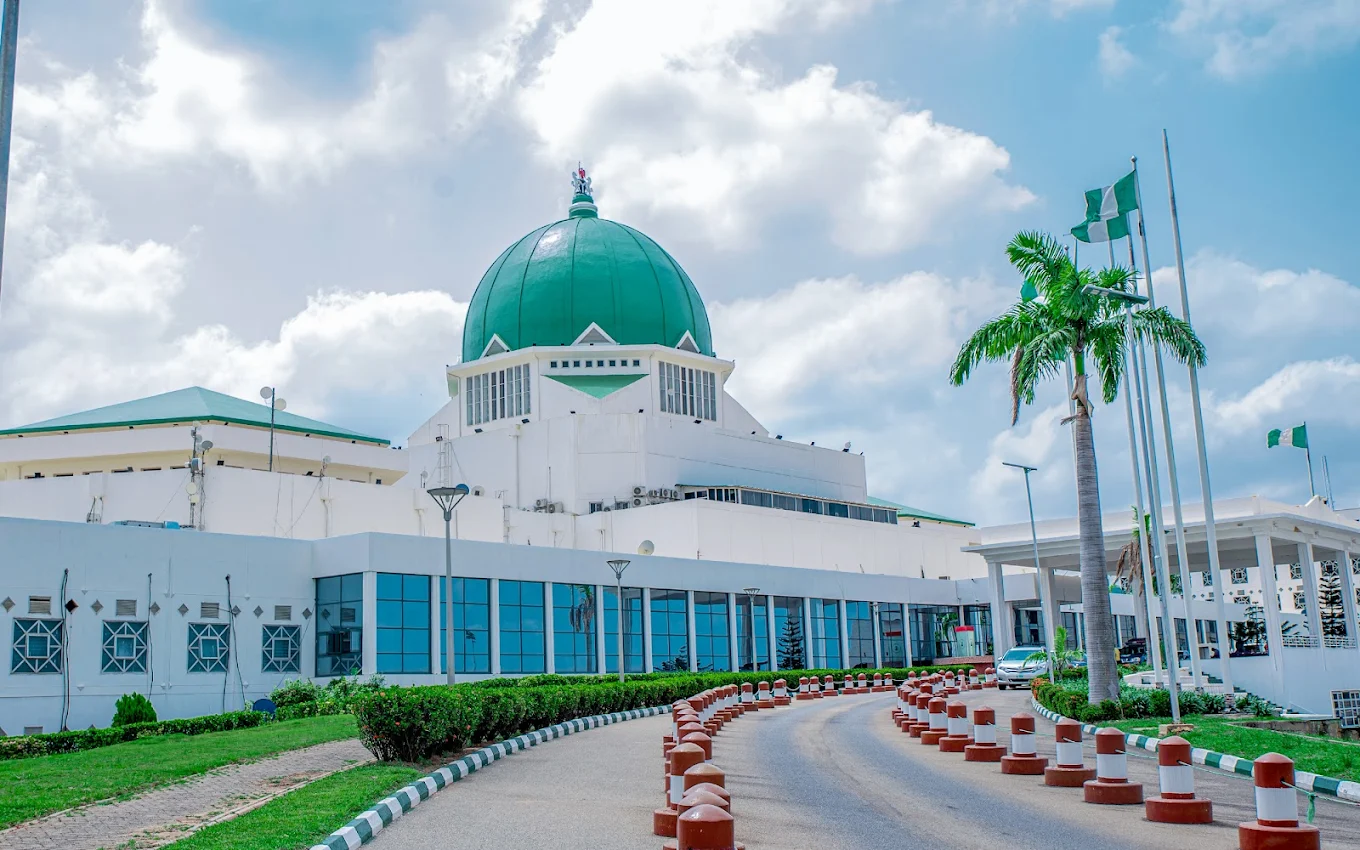No fewer than 50 women have been empowered with the requisite skills to prevent Gender-Based Violence (GBV) and build economic resilience capacity in Kano.
The beneficiaries, drawn across five local government areas, were supported under the Women Against Violence for Economic Sustainability (WAVES) Project Phase II, being anchored by Bridge Connect Africa Initiative (BCAI), a nonprofit organisation.
The Phase II WAVES intervention, a French Embassy-funded project running for the next nine months, is designed to combine practical business development training with GBV prevention education and survivor support systems.
Speaking at the opening of a two-day workshop, Chief Executive Officer, Bridge Connect Africa Initiative, Fatima Musa Aliyu, emphasised the importance of economic empowerment in reducing vulnerability to GBV.
She explained that only women who are financially independent are most likely to leave abusive environments and muster the courage to expose GBV cases.
On her part, Program Lead Makkiyya Sulaiman said the WAVES Phase II program will guide participants on how to run sustainable businesses, especially from home and within the agribusiness value chain, with minimal external dependency.
Sulaiman reaffirmed the goal of WAVES Phase II, which includes building a movement of women who are not just surviving, but thriving and creating safe spaces for others.
“Participants will also receive tailored support, and by the end of the program, they will showcase their products to connect with buyers and potential investors. The GBV training sessions tackled both practical and emotional dimensions of violence.”
“Participants also received guidance on how to recognise abuse, where to report, and how to access survivor-centred care with confidentiality and consent.”
Representative from the Nigeria Police Force, Hidaya Ahmad, who led a practical session of the workshop, revealed that perpetrators of GBV are often people who are well-known and trusted by the victims.
She identified fear of stigma and lack of trust in the system as major barriers to reporting cases of GBV.
In their separate remarks, other facilitators agreed that 32% of reproductive health issues among women are linked to GBV, yet stigma and shame continue to silence survivors.
Meanwhile, one of the participants from the first cohort, Kehinde Bello, who shared personal stories of GBV trauma, urged greater community awareness and compassion to tackle the menace.
Participants at the workshop included small-scale women agribusiness owners, survivors of GBV, women at risk, and four women living with disabilities.






